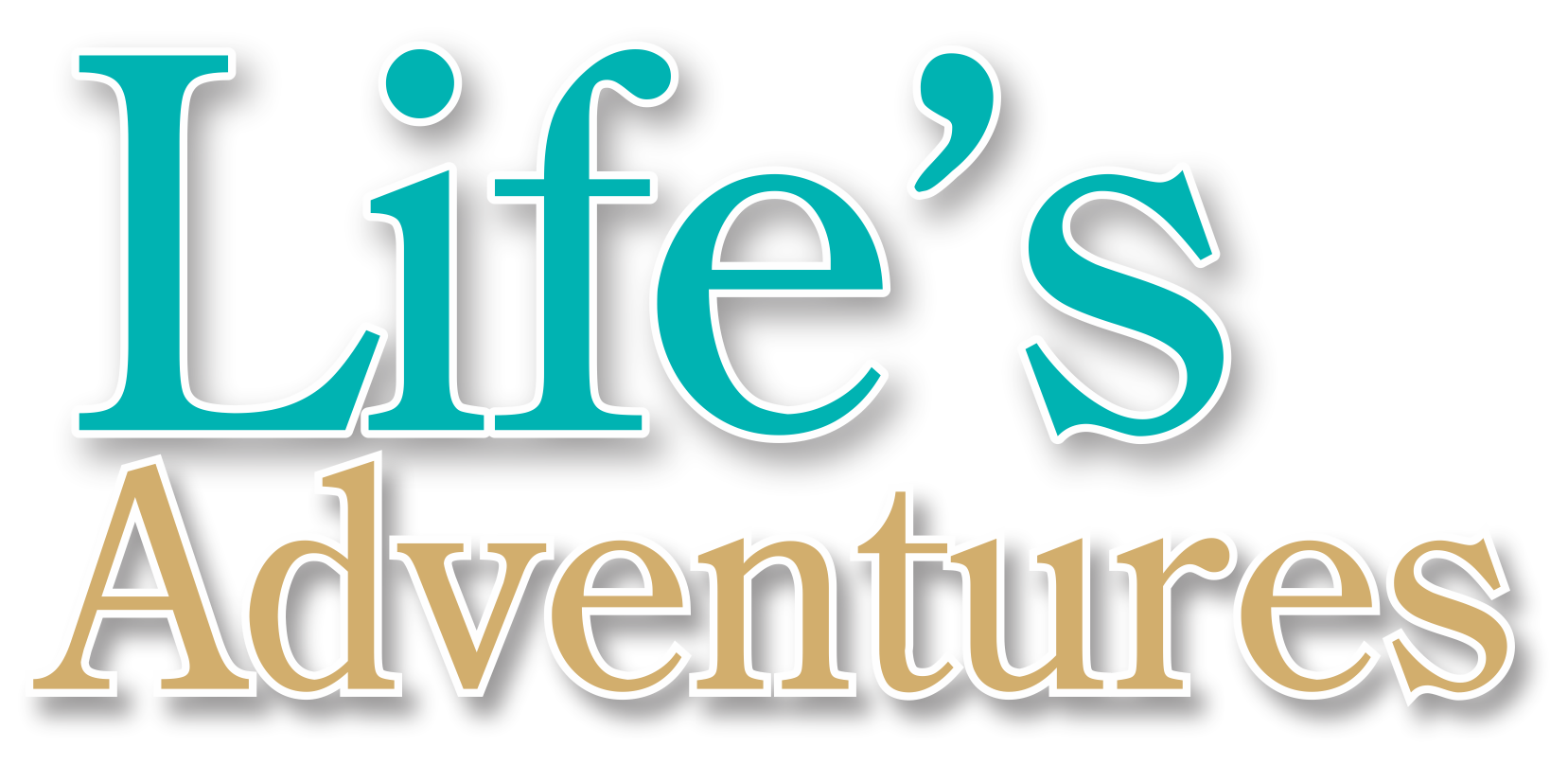
Life's Adventures


By Wendy Mednick
Closing and Opening Doors……
Downsizing, the art of transitioning one home to another. No matter what you do the memories never change. Home is your shelter, a house is a box. Change forces us to grow and your heart is not downsized when you move on.
According to the Census Bureau, 7.1% of Americans between the age of 55 and 74 moved last year, a rate that has remained virtually unchanged over the past decade. The average new single family home comes in at over 2600 square feet according to the United States Census Bureau. You may not think that's all too big until you look back at history. According to the National Association of Realtors reports, the average home size in 1950 was 1000 square feet or less, and families were bigger back then.
Despite the financial ties that may bind some empty nesters, the underlying reason for their move isn't always about money. The basic idea is that at different stages in one's life course,different places have different values.
My own personal journey is the closing of the door to my second home. The sought after suburban home surrounded by thriving trees and greenery, with well regarded top public schools. It was the perfect area to raise my children. As time passed, and that last college diploma was collected,that leafy suburb became less appealing to me. My life was focused around my children and what was best for them. Suddenly, you look around and realize your home is bigger than your life. What used to be….raising your children, cleaning, home repairs,homework, school projects, glitter, lawn maintenance,shoveling snow, rooms not used anymore,staircases that become difficult to climb.This is no longer your life,life changed and the home which was shelter to you and your family became that box, a house. At the end of the day it is not the contents of the house, the cabinets, the bannisters, the staircases and furniture that gives a house meaning making it so difficult to sell, it is the lives lived surrounded by the walls. It is not about loving the house, it is about loving the home.
The day was here, I approached my children about the idea of selling their childhood home, the only home they knew before leaving for college. Although they understood why I entertained the idea they were still upset. I guess to some degree they assumed it would remain a steady constant in their lives, and maybe in their own minds looked forward to bringing their own children there one day. The sale of the family home serves as a life marker for an empty nester. The house once was the foundation of memories both happy and sad for my children. The time came to start the clearing out process, and my children returned home to collect what they cherished and what they would bring to the next stage of their life. The memories of those objects brought a smile to their face. We laughed and we cried together, how the years flew by us. I cried watching them sort through drawers and boxes, for they had their own memories as well as I did. My daughter looked at me and said, It's okay to be sad mom, you created childhood memories for us. You kept us in the same home until we graduated college as you promised, not many children get that constant and stability.We looked around each room, and the memories were cued by our physical environment. Returning home for my children caused them to revert back to the memories we once all shared.
The question is often asked why do we leave our home. Bigger is not always better. Does the reason to walk into unused rooms become one just to dust? Those unused rooms still end up costing you money, not only in maintenance, but also expenses of utilities. Unfortunately and sadly we are forced to move for many reasons, health issues, salaries that are diminished,passing of a spouse, family size changes. Financial issues often become another reason we consider a change in older age. Timing your move is key, not waiting for the additional expenses of home repair as your house ages, thus draining your retirement funds.Stressing over those future expenses can compromise your mental health. Closing the door to that home often affords the luxury of more travel as we age. Perhaps the idea of a senior living community that offers activities and daily socialization.
While the selling of your home itself can be stressful, it is important to keep an awareness of your emotions during the process, it allows you to embrace them. As I looked around the house slowly packing each room, I smiled as I saw the crayon marks on the fireplace marked by a 3 year old who simply just wanted to color. The childhood stickers still on the furniture, and the filled glass piggy banks left behind. I stopped for a moment when I ran across my own childhood belongings that I had stored for years. One cannot forget all the memories that were created in the home your children were raised in. We attach for many reasons, the time, energy and work over the years put in to create that home. The house becomes and feels like an extension of who we are, selling may feel like you are letting go of a piece of your own identity. Keep an awareness of your emotions during the process so you can embrace them.
As hard as it may be to sell that home where your children grew up, and the memories that were created in it , remember your next stop is the beginning for new sweet memories. Feel good in your next decision and give yourself closure over the past. Don't be afraid to walk through your home and revisit old memories. Reflect on how your home has served its purpose for however long you lived there. Think about how you loved living there with your children, and raising them in a place they called home. This process helps you to accept your emotions, and allows you to slowly detach. When you have packed your last box, ask yourself where is home for you, which is much different than where you are from. If you allow home to be where your heart is, then home is wherever you are. Take that plunge and start the next chapter of your life for you!
I would love to hear your story regarding the choices you made, and the doors you opened and closed…..
Stay Well…..Stay Happy
Wendy Mednick was born and raised in Buffalo, NY and has a BS/MS from SUNY Buffalo and SUC Buffalo. Owner WFM Development with 30 plus years in Sales, Business Development & Project Management. She can be reached at wfm662@gmail.com
A newspaper
for Western New York's Seniors - and proud of it!